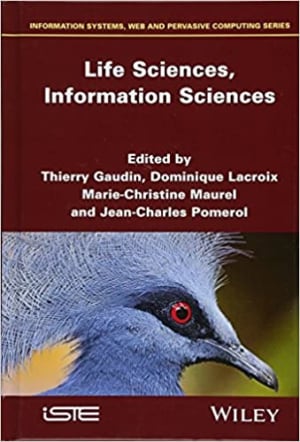
From the century of the gene to that of the organism: Introduction to new theoretical perspectives
Life sciences, information sciences
Our group proposes three main principles for a theory of organisms, namely: the default state, the principle of variation and the principle of organization.
Abstract
Summary This chapter briefly presents and describes the three main principles that the group proposes for a theory of organisms, namely: the default state, proliferation with variation and motility, the principle of variation and the principle of organization. It is crucial to critique the philosophical and theoretical position on which the biological research feeding into the program is based and which has dominated biomedical research for the last 70 years. Physical theories are founded on stable mathematical structures, based onregularities and especially on theoretical symmetries. At the time of cell theory formulation and still today, cell theory plays a federating role between evolution biology and organism biology. Finally, analysis of the differences between the physics of inanimate and living matter leads to the proposal of three principles that provide aviable perspective for the construction of a necessary theory of organisms.
Keywords: cell theory, evolution biology, mathematical structures, organism biology, philosophical position, physical theories, theoretical symmetries



